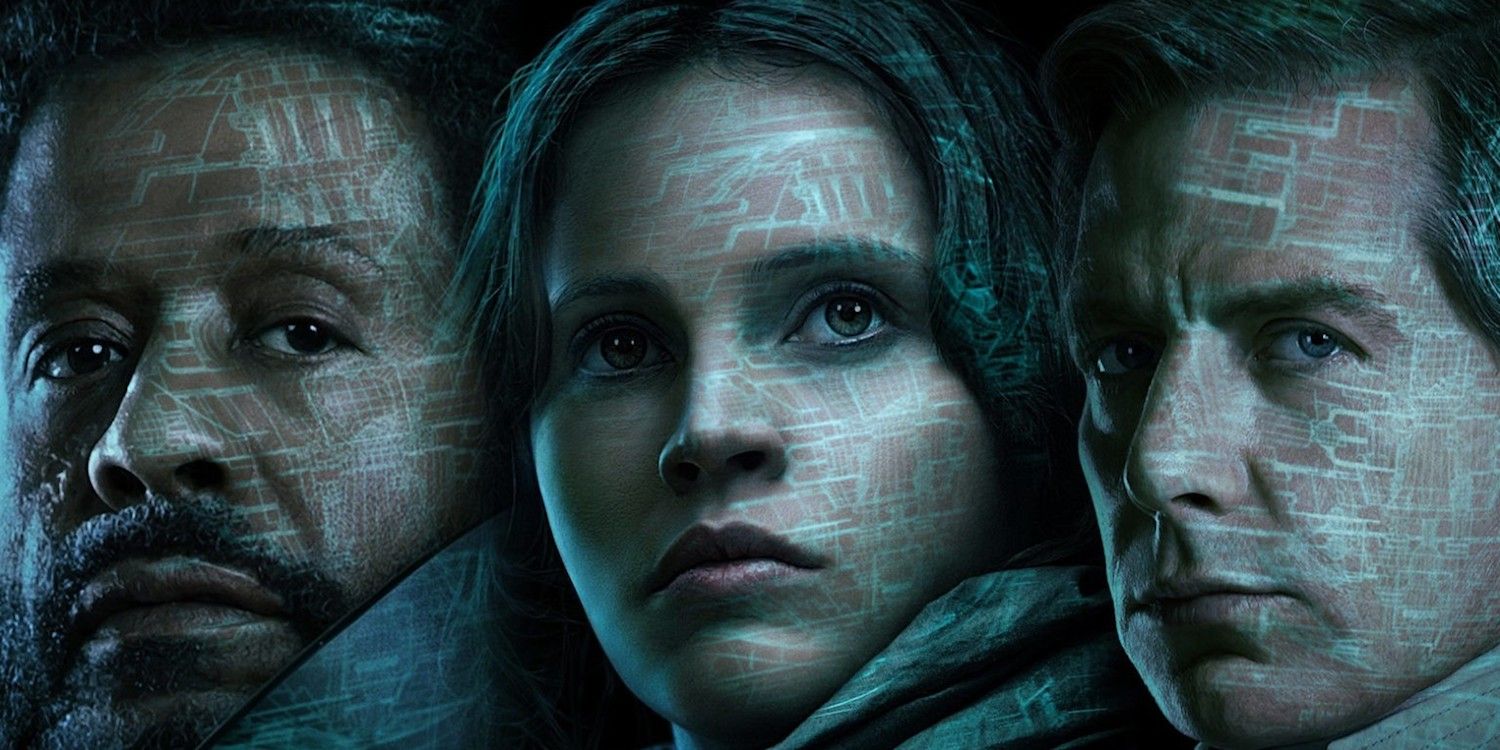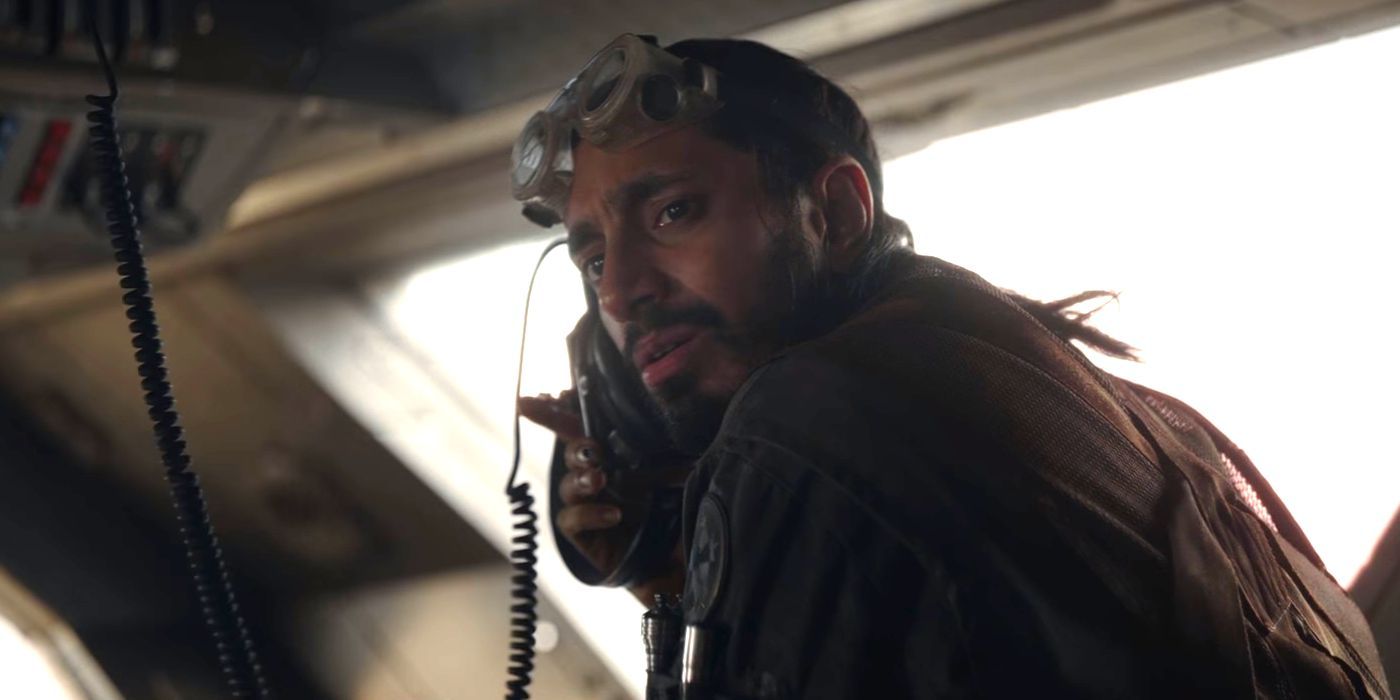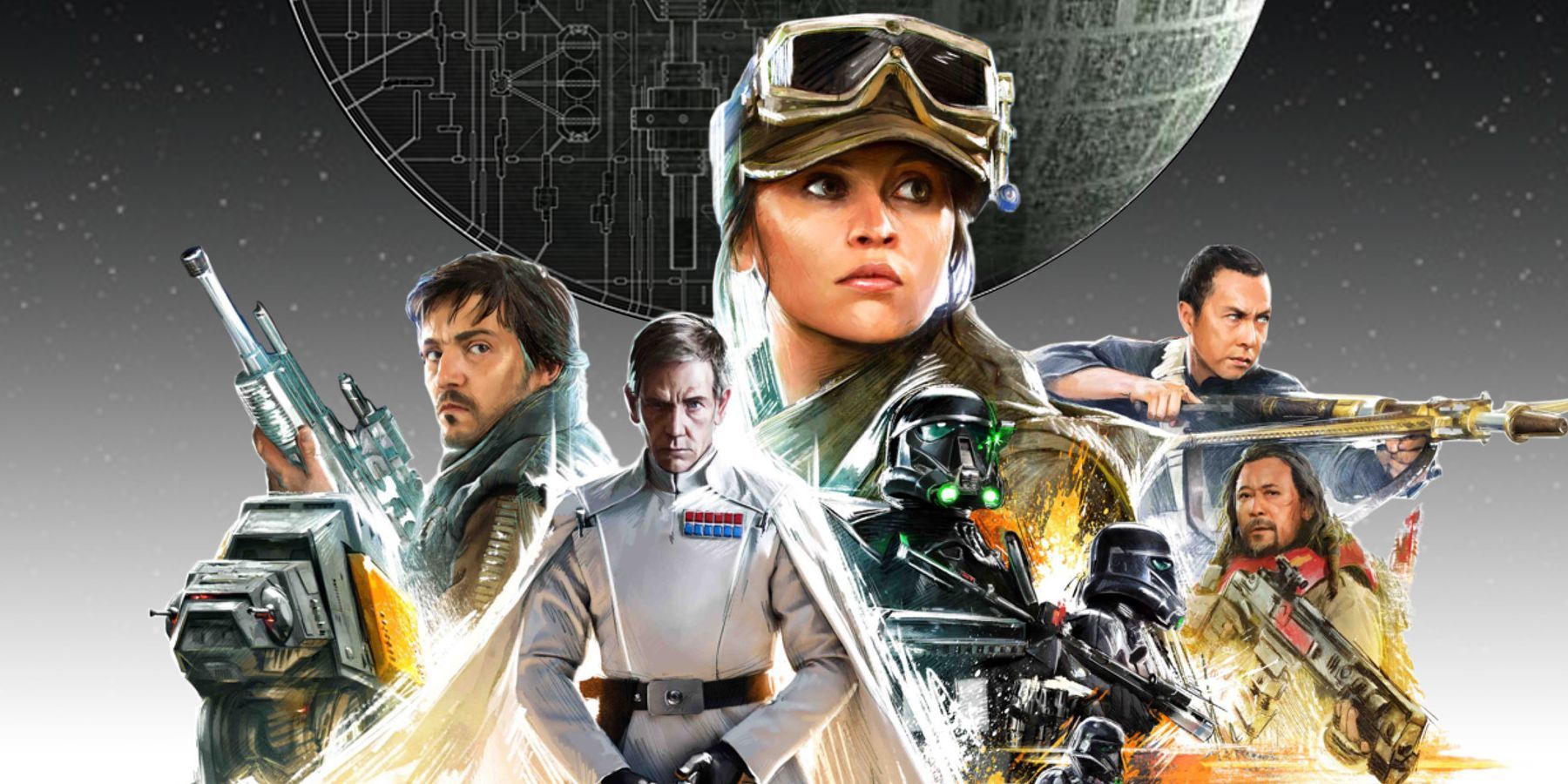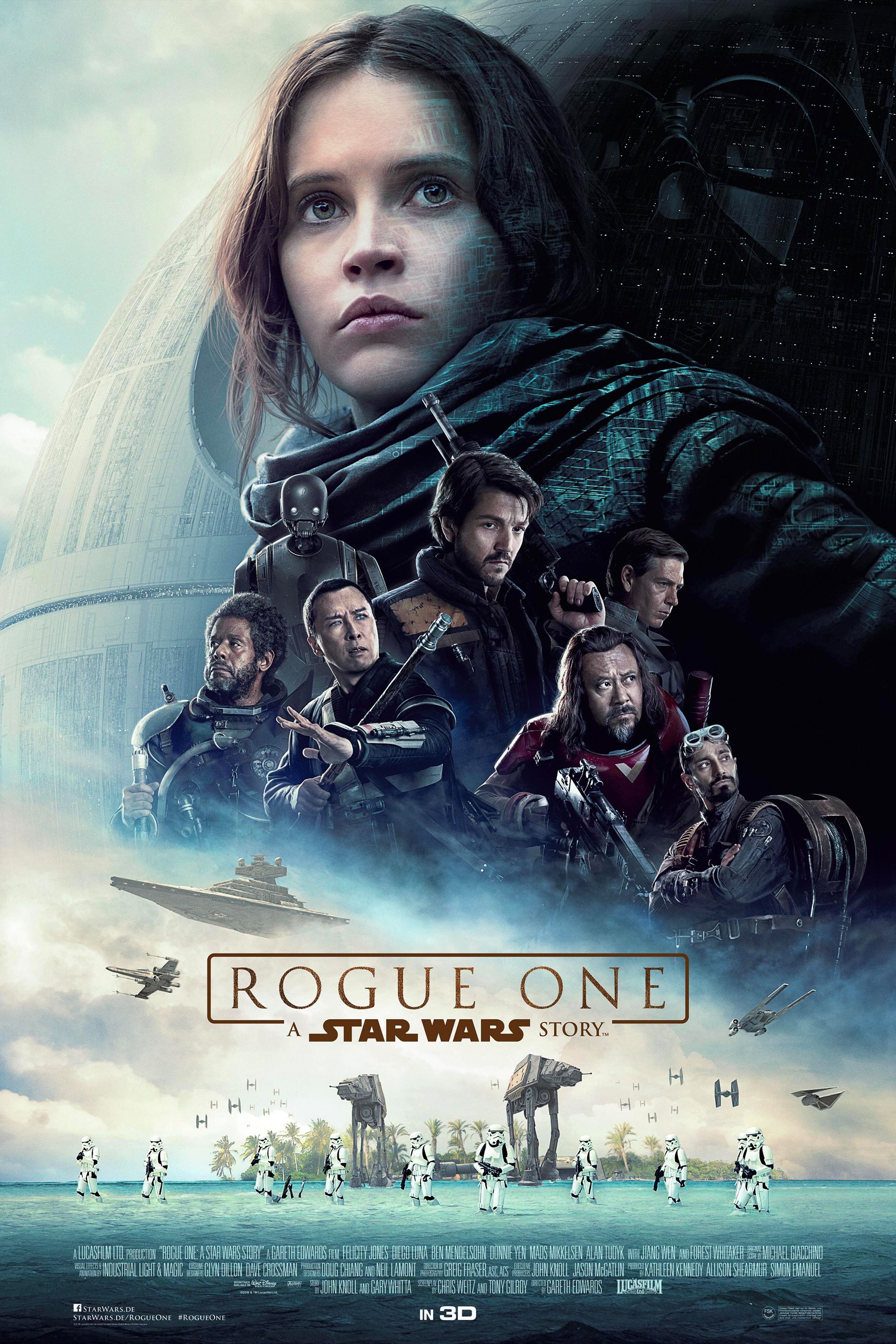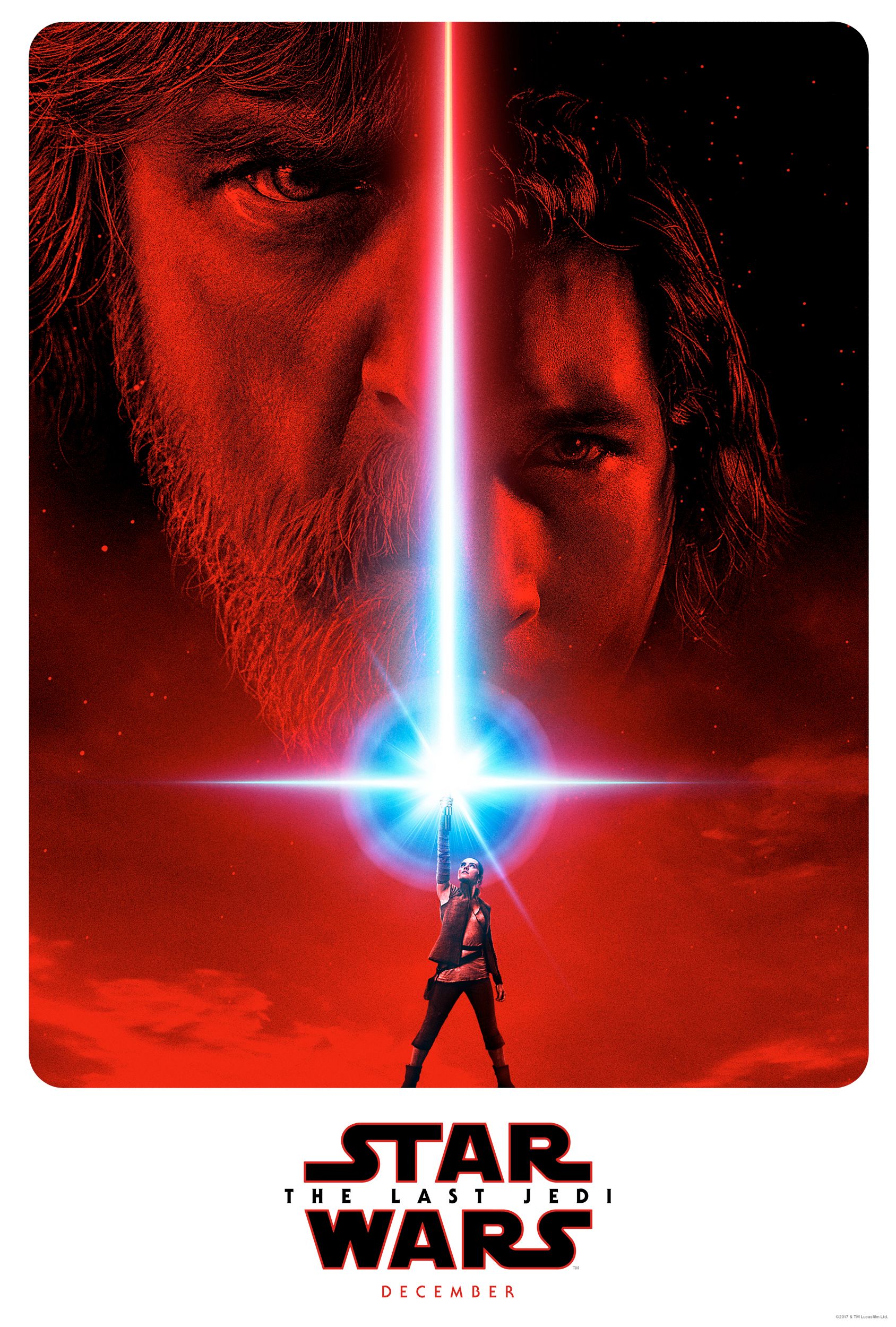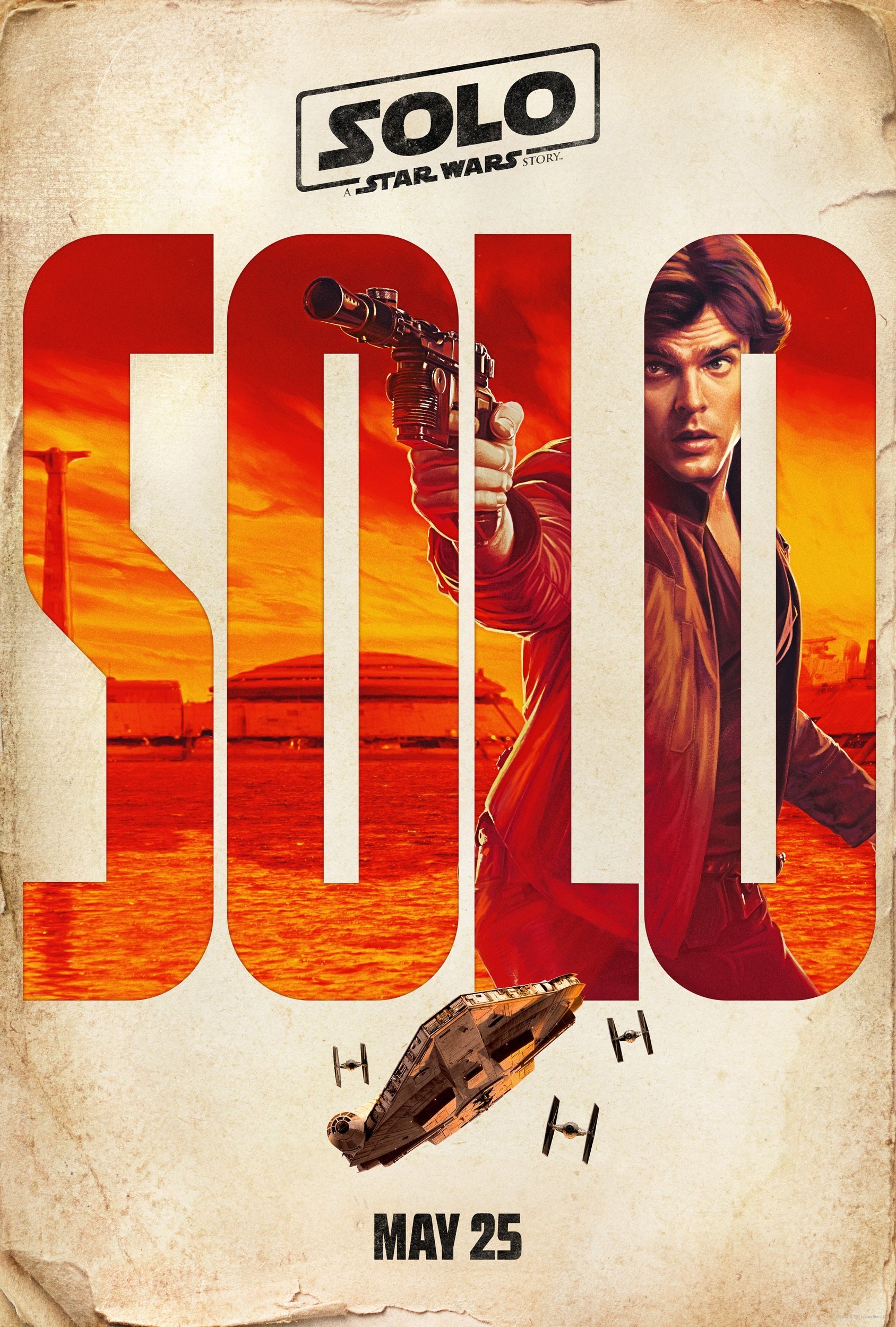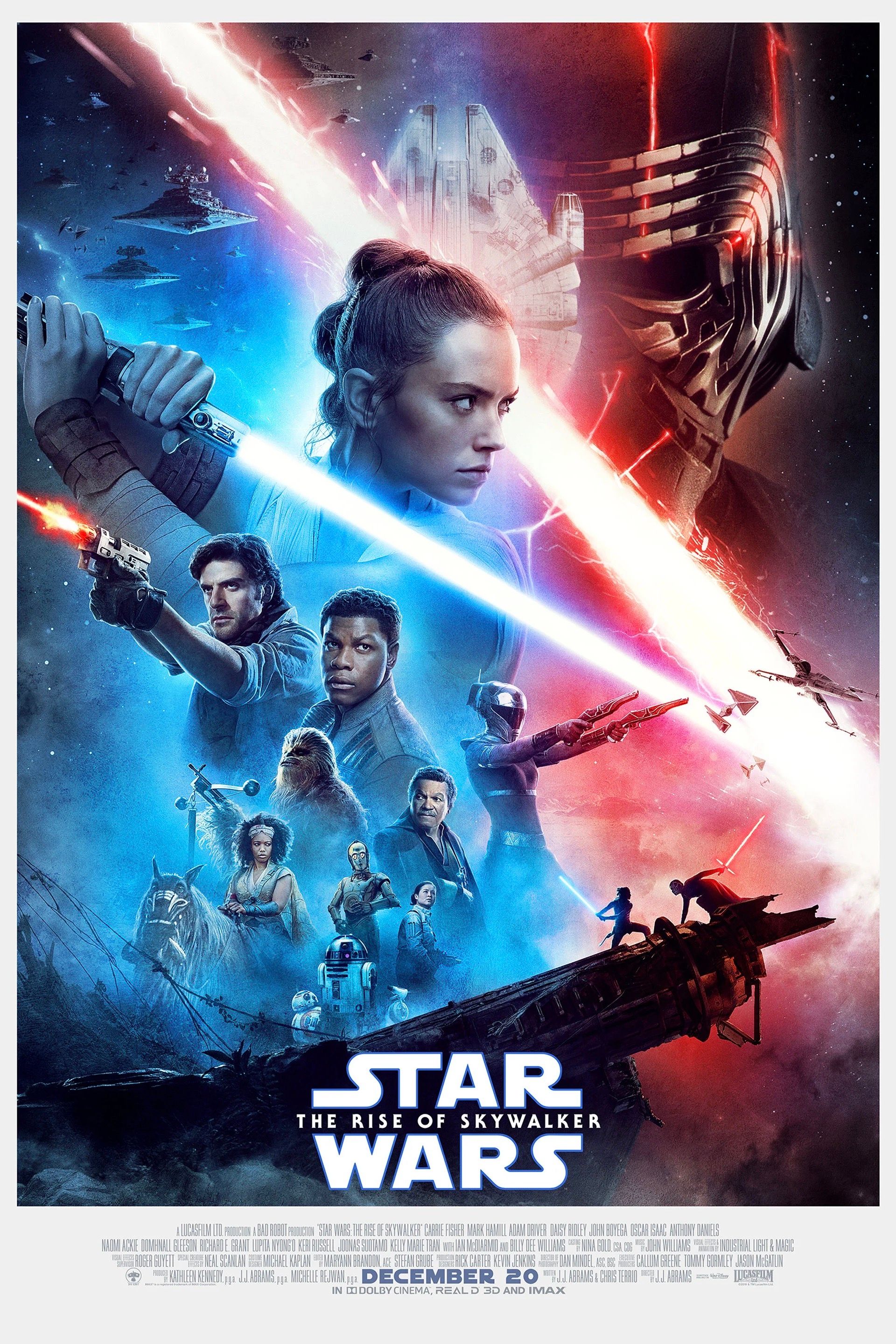This week's release of Rogue One: A Star Wars Story proved that the iconic sci-fi/fantasy franchise is as popular as ever, with the first ever standalone (non-Skywalker saga entry) scoring a massive $155 million debut weekend. The war-movie tone is a departure from the space opera of the previous films, a change-up that has received acclaim from fans and critics.
Featuring a cast of new and original characters played by Felicity Jones, Diego Luna, Donnie Yen, Alan Tudyk, Jiang Wen, Riz Ahmed, and Forest Whitaker and directed by Gareth Edwards (2014's Godzilla), Rogue One tells the story of the Rebel Alliance stole the plans for the original Death Star and fills in some backstory for the original trilogy.
Rogue One caps the upheaval of the year 2016, one in which national and global politics has revealed -- and in many cases deepened -- some very real divisions in the United States and other countries. Even something as seemingly harmless and apolitical as Star Wars has come under scrutiny. Rogue One's filmmakers have been accused of adding reshot scenes which have been interpreted as "anti-Donald Trump." Disney has denied this, and indeed there is no indication of this in the information we have learned about the reshoots.
The Wrap recently spoke with Rogue One's Riz Ahmed (The Night Of) -- who plays the former Imperial pilot-turned-rebel Bodhi -- about the "#DumpStarWars" campaign. Ahmed appeared to be genuinely surprised that such a controversy was roiling about on the Twittersphere, and addressed it directly.
Ahmed addressed the "political turmoil" around the world and said:
“It is absolutely to be expected that people will project their anxieties and concerns … onto art. It’s also the role of art to reflect the times we live in. But this film wasn’t made to speak to this particular moment. This is a film that was written years ago, that was filmed over a year-and-a-half ago."
Promoters of the #DumpStarWars trend apparently melded the separate stories of the Rogue One reshoots with the personal political leanings of the film's writers, Gary Whitta and Chris Weitz, who have tweeted anti-Trump sentiments. Whitta also tweeted that “the Empire is a white supremacist (human) organization.” If anything, Rogue One's box office success -- likely to carry over into the next few weeks -- proves that fans of the franchise will want to keep politics out of the saga.
Riz Ahmed's statements seem to echo this sentiment, as he goes on to say:
“I don’t think the creators of this film are to be as petty and small-minded as to use something as big and all-embracing as ‘Star Wars’ to score kind of mean political points. I actually think that in this time that is so divided, a film like ‘Star Wars’ brings everyone together.”
Even if Star Wars in general is not known for addressing much in the way of real-world social issues (as the various television incarnations of Star Trek have attempted to varying degrees of success), it should be noted that George Lucas used Nazi symbolism to create the look of the Empire, and notably utilized imagery from 1935's Triumph of the Will, the Nazi propaganda film from director Leni Riefenstahl in depicting the galactic fascist organization. The first film was released in the age of the Richard Nixon and Vietnam, with parallels between the Empire and the Rebellion and America's carpet bombing of Southeast Asia having been cited in the past.
Still, the mythology of the Star Wars universe exists long ago and far away for a reason, as the franchise is probably the defining cinematic example of escapist entertainment. Ahmed is correct in saying that it is unlikely that Rogue One was meant as a specific political statement. A certain segment of society may feel threatened by the way the franchise's characters are growing more diverse, but that is a different issue, one best left to the Twitter echo chamber.
Source: The Wrap

